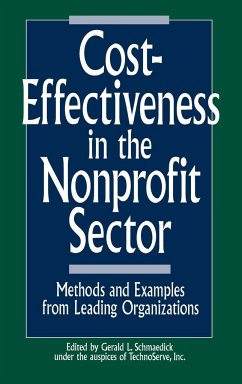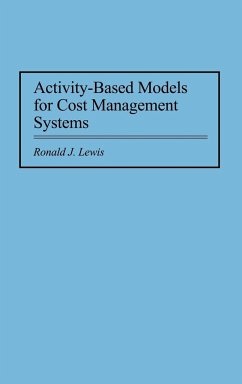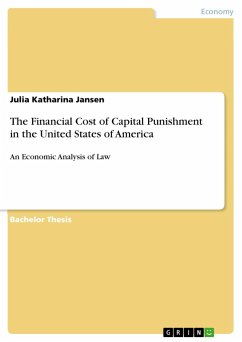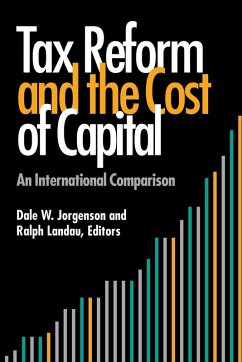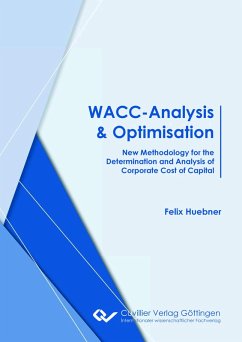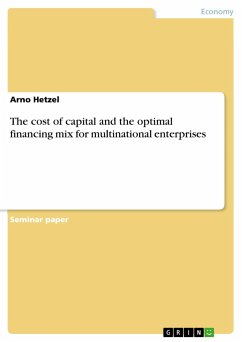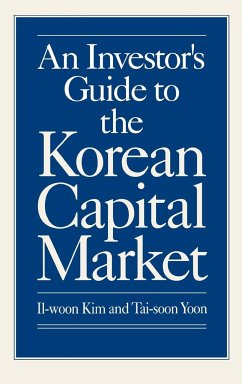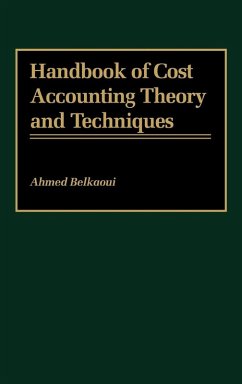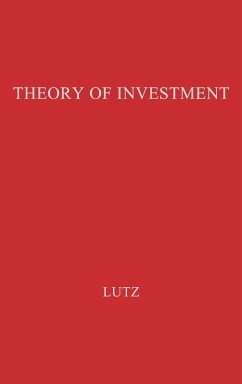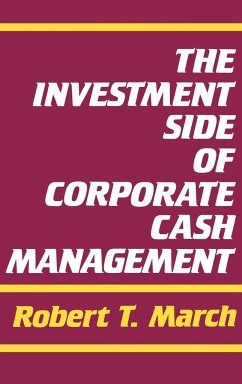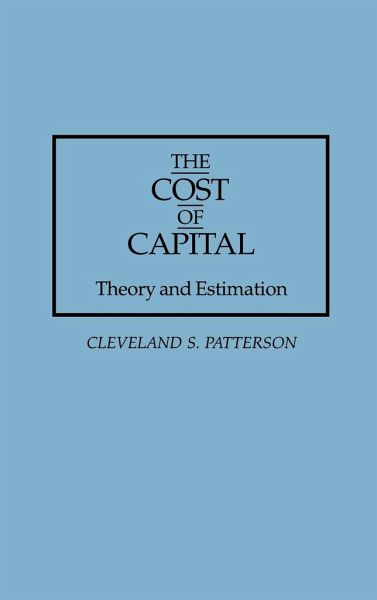
The Cost of Capital
Theory and Estimation

PAYBACK Punkte
35 °P sammeln!
Knowledge about the magnitude of the cost of capital invested in an asset and its determinants is essential for the analysis of corporate investment decisions and for assessing profitability. This book provides a clear conceptual understanding of the cost of capital, the characteristics of an asset that influence it, and a critical, comprehensive, and up-to-date evaluation of practical means for estimating its magnitude. It is intended primarily for use by professional managers, but will also be valuable to future managers in advanced capital budgeting courses. The focus of the discussion is o...
Knowledge about the magnitude of the cost of capital invested in an asset and its determinants is essential for the analysis of corporate investment decisions and for assessing profitability. This book provides a clear conceptual understanding of the cost of capital, the characteristics of an asset that influence it, and a critical, comprehensive, and up-to-date evaluation of practical means for estimating its magnitude. It is intended primarily for use by professional managers, but will also be valuable to future managers in advanced capital budgeting courses. The focus of the discussion is on estimation methods that are theoretically sound and consistent with a corporate goal of value creation. Three methods are analyzed in depth: the discounted cash flow model, the capital asset pricing model, and arbitrage pricing theory. For each method, the basic theory is set out in a nontechnical manner and empirical evidence in support of the model is critically reviewed. The bulk of the discussion then focuses on practical means for implementing the methods for decision-making purposes. Later chapters focus on the effects of the debt-supporting characteristics of assets, on the valuation of options embedded in securities, and on the estimation of the cost of capital for evaluating international investments. The final chapter discusses certain aspects of the use of cost of capital in public utility regulation. Care is taken to separate out key issues from more peripheral material through a comprehensive set of supplementary notes.




